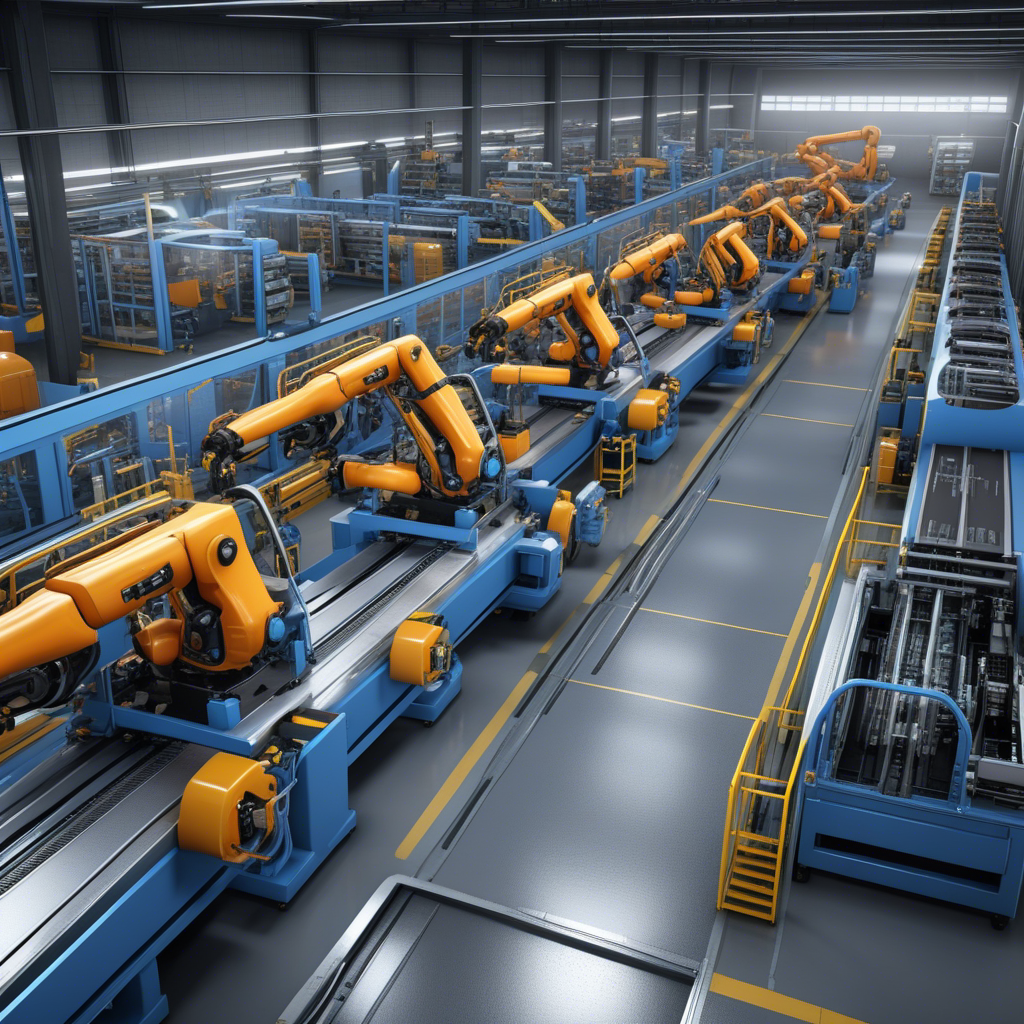Introduction
The rapid advancements in automation and artificial intelligence technologies have sparked both excitement and fear in equal measures. While the potential benefits of automation in the workplace are immense, the potential downsides such as job displacement and the exacerbation of inequality are becoming increasingly apparent. The challenge lies in mitigating these negative consequences while maximizing the positive impacts of automation.
The Displacement Effect
One of the most concerning aspects of automation is the displacement of the global workforce. Many low-skilled and repetitive tasks are being increasingly automated, causing job losses in the global workforce. While automation creates new jobs in the process, the transition needs to be managed responsibly to ensure that the benefits of automation are equitably distributed and the adverse impacts are mitigated.
The Upskill Revolution
To counter the negative impacts of automation on the workforce, a global upskill revolution is imperative. Policymakers, governments, and industry leaders must collaborate to upskill and reskill the global workforce to perform the new kinds of jobs created by automation and to adapt to the new technological landscape. This revolution will require significant investment in education and workforce development programs tailored to the needs of the global workforce.
The Importance of a Human-Centric Approach
It is essential to adopt a human-centric approach towards the automation revolution. The development of policies and programs focused on people-first automation adoption is crucial for the progress and prosperity of humanity. The prioritization of human needs and values in the development and deployment of automation technologies is paramount for the global good.
Conclusion
In conclusion, while the advancement and deployment of automation technologies hold immense potential for the growth and development of the global economy and society, the negative impacts on the workforce are becoming increasingly apparent. The responsible and responsible adoption of automation technologies is essential for the progress and prosperity of humanity. A concerted effort by governments, corporations, and civil society is crucial to ensure that the benefits of automation are equitably distributed and the negative consequences are mitigated to prevent the exacerbation of inequality and social unrest.


